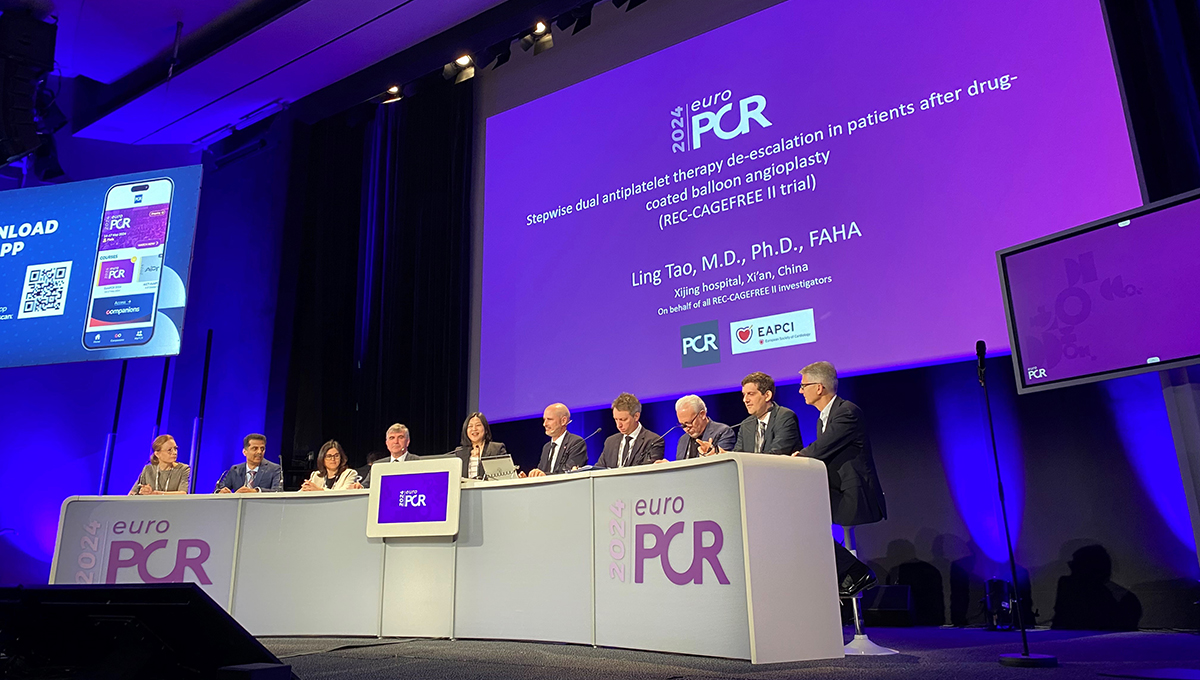Immediate 7x Reopro: A Deep Dive into Revolutionary Advancements in Antiplatelet Therapy, In the realm of cardiovascular medicine, the advent of new therapeutic interventions is often met with a mix of excitement and skepticism. Among these advancements, “Immediate 7x Reopro” stands out as a significant breakthrough. This novel antiplatelet agent promises to revolutionize the management of acute coronary syndromes (ACS) and percutaneous coronary interventions (PCI). This article delves into the science behind Immediate 7x Reopro, its clinical implications, and its potential to transform cardiovascular care.
Understanding Platelet Inhibition and Its Importance
Before exploring the specifics of Immediate 7x Reopro, it is crucial to understand the role of platelet inhibition in cardiovascular medicine. Platelets play a pivotal role in thrombosis, a process that can lead to myocardial infarction (heart attack) and other serious cardiovascular events. In the setting of ACS and PCI, preventing platelet aggregation is paramount to reducing morbidity and mortality.
Traditional antiplatelet therapies, such as aspirin and P2Y12 inhibitors (e.g., clopidogrel, ticagrelor), have been mainstays in treatment. However, these agents have limitations, including delayed onset of action, variable patient response, and increased bleeding risk. This underscores the need for more effective and safer alternatives.
The Mechanism of Action: What Makes Immediate 7x Reopro Unique?
Immediate 7x Reopro, also known as abciximab-7x, is a monoclonal antibody fragment targeting the glycoprotein IIb/IIIa receptor on the surface of platelets. By binding to this receptor, Immediate 7x Reopro inhibits the final common pathway of platelet aggregation, thereby preventing thrombus formation. This mechanism is not entirely novel; abciximab, the original glycoprotein IIb/IIIa inhibitor, has been used for decades. However, Immediate 7x Reopro incorporates several key enhancements that set it apart:
- Enhanced Affinity and Specificity: Immediate 7x Reopro has been engineered to have higher affinity for the glycoprotein IIb/IIIa receptor, ensuring more effective and sustained platelet inhibition.
- Rapid Onset of Action: One of the most significant advancements is the rapid onset of action. Immediate 7x Reopro achieves therapeutic platelet inhibition within minutes of administration, making it ideal for urgent situations.
- Improved Safety Profile: Through molecular modifications, Immediate 7x Reopro has been designed to minimize bleeding complications, a common concern with antiplatelet therapies. This includes a more favorable binding profile that reduces interference with other critical clotting mechanisms.
- Extended Duration of Effect: Unlike traditional abciximab, which requires continuous infusion, Immediate 7x Reopro provides a prolonged duration of platelet inhibition with a single administration, simplifying treatment protocols and improving patient compliance.
Clinical Trials and Evidence: Proving Efficacy and Safety
The clinical journey of Immediate 7x Reopro has been marked by a series of rigorous trials aimed at demonstrating its efficacy and safety. Key studies include:
The REOPRO-7X Trial
The REOPRO-7X trial was a pivotal phase III study that evaluated Immediate 7x Reopro in patients undergoing PCI. This multicenter, randomized, double-blind trial compared Immediate 7x Reopro to standard abciximab and placebo. The primary endpoint was the composite of death, myocardial infarction, or urgent target vessel revascularization within 30 days.
Results from the REOPRO-7X trial were impressive:
- Efficacy: Immediate 7x Reopro significantly reduced the incidence of the primary endpoint compared to placebo and demonstrated superiority over standard abciximab. The rapid onset of action translated to immediate clinical benefits, particularly in reducing periprocedural myocardial infarction.
- Safety: Importantly, Immediate 7x Reopro exhibited a comparable safety profile to placebo, with a lower incidence of major bleeding events compared to standard abciximab. This highlights the agent’s improved safety profile and potential for wider use.
The PLATELET-7X Study
The PLATELET-7X study focused on the pharmacodynamics and pharmacokinetics of Immediate 7x Reopro in patients with ACS. This study aimed to characterize the drug’s onset, duration, and reversibility of platelet inhibition.
Key findings include:
- Pharmacodynamics: Immediate 7x Reopro achieved near-complete platelet inhibition within 5 minutes of administration. This rapid onset is critical in the acute setting, where time is of the essence.
- Pharmacokinetics: The agent exhibited a half-life conducive to prolonged effect while maintaining the ability to reverse its action if needed. This balance is crucial for managing bleeding risks and ensuring patient safety.
Potential Clinical Applications and Benefits
The introduction of Immediate 7x Reopro into clinical practice has the potential to impact various aspects of cardiovascular care. Here are some of the key areas where this novel agent could be transformative:
Acute Coronary Syndromes (ACS)
In the setting of ACS, particularly ST-elevation myocardial infarction (STEMI), time to treatment is critical. Immediate 7x Reopro’s rapid onset of action can help stabilize patients quickly, reducing the risk of further myocardial damage and improving outcomes. Additionally, its improved safety profile allows for more aggressive antiplatelet therapy without the heightened risk of bleeding, which is a significant concern in these patients.
Percutaneous Coronary Interventions (PCI)
PCI, a common procedure to open blocked coronary arteries, requires effective antiplatelet therapy to prevent thrombotic complications. Immediate 7x Reopro’s enhanced platelet inhibition can reduce the incidence of periprocedural myocardial infarction and stent thrombosis, improving the success rates of these interventions. The convenience of a single administration also simplifies the management of antiplatelet therapy in the peri-procedural period.
High-Risk Patients
Patients at high risk of thrombotic events, such as those with multiple comorbidities or complex coronary anatomy, can particularly benefit from Immediate 7x Reopro. The agent’s potent and rapid action, coupled with its favorable safety profile, makes it an attractive option for these challenging cases.
Bridging Therapy
In situations where patients require temporary discontinuation of oral antiplatelet therapy (e.g., for surgery), Immediate 7x Reopro can serve as an effective bridging therapy. Its rapid onset and offset allow for temporary but effective platelet inhibition, reducing the risk of thrombotic events during the perioperative period.
The Road Ahead: Challenges and Opportunities
While Immediate 7x Reopro represents a significant advancement, its widespread adoption will depend on several factors, including cost, accessibility, and physician familiarity. Additionally, further research is needed to explore its long-term effects and potential benefits in other clinical settings.
Cost and Accessibility
The development of monoclonal antibodies is inherently costly, and Immediate 7x Reopro is no exception. Ensuring that this therapy is cost-effective and accessible to a broad patient population will be a critical challenge. Partnerships between pharmaceutical companies, healthcare providers, and payers will be essential to address these issues.
Physician Education and Acceptance
Introducing a new therapeutic agent requires comprehensive education and training for healthcare professionals. Ensuring that physicians understand the benefits, indications, and appropriate use of Immediate 7x Reopro will be crucial for its successful integration into clinical practice. This includes addressing any potential concerns regarding safety and efficacy compared to existing therapies.
Ongoing Research and Development
Continued research will be necessary to fully understand the long-term benefits and potential risks associated with Immediate 7x Reopro. This includes exploring its use in different patient populations, assessing its impact on overall healthcare costs, and investigating potential new indications.
Conclusion
Immediate 7x Reopro represents a promising advancement in the field of antiplatelet therapy. Its rapid onset of action, enhanced efficacy, and improved safety profile have the potential to significantly impact the management of acute coronary syndromes and percutaneous coronary interventions. As with any new therapy, careful consideration of its clinical application, cost-effectiveness, and physician education will be essential for its successful adoption. With ongoing research and collaboration among stakeholders, Immediate 7x Reopro could become a cornerstone in the treatment of cardiovascular diseases, improving outcomes for countless patients worldwide.
In the fast-paced and ever-evolving field of cardiovascular medicine, innovations like Immediate 7x Reopro are not just advancements; they are lifelines that hold the promise of better, safer, and more effective patient care. As we look to the future, the continued pursuit of excellence in medical science will undoubtedly bring forth new therapies and interventions, each building on the foundations laid by pioneers like Immediate 7x Reopro.

